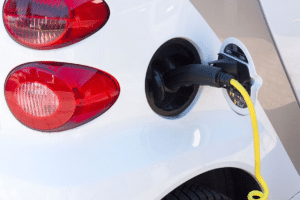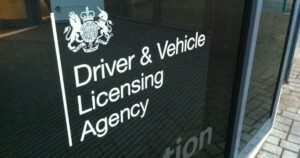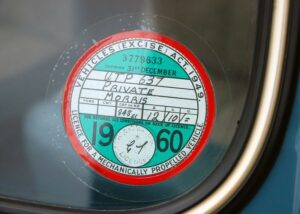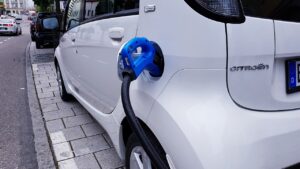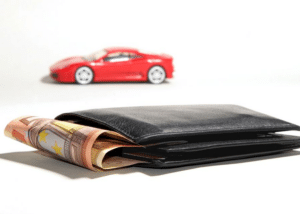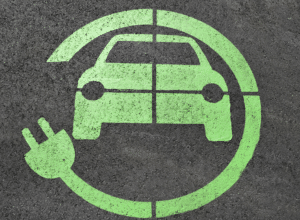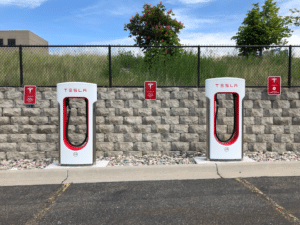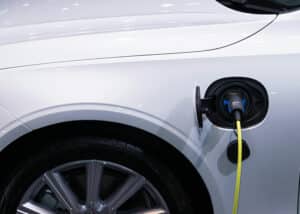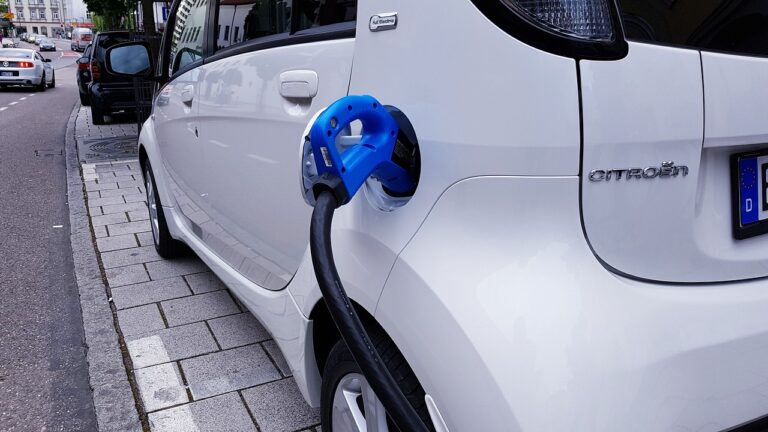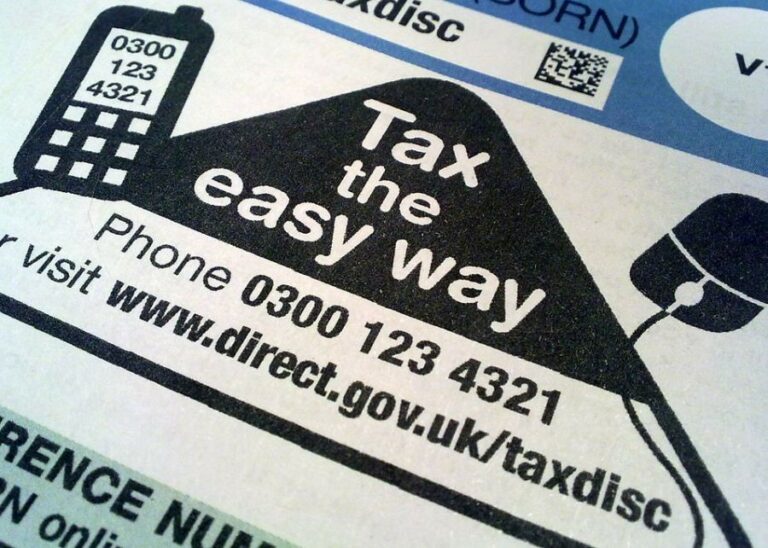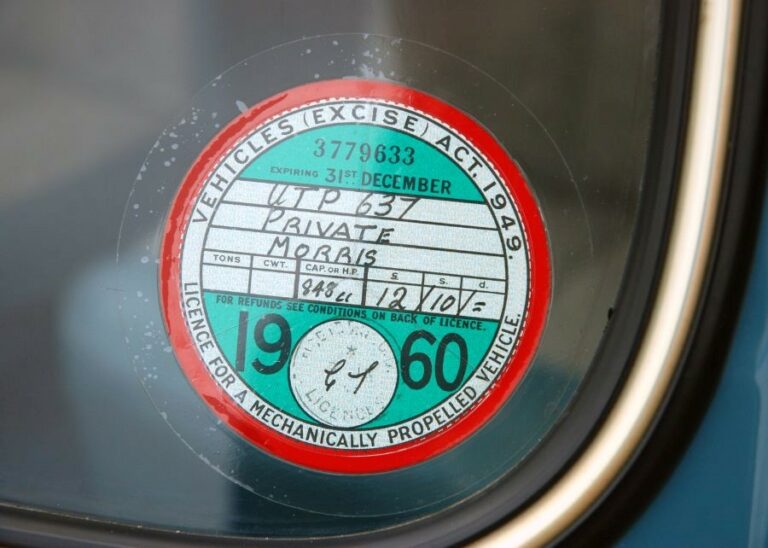It’s a debate that can be done to death. Electric vs petrol, but there’s the only thing we’re all dying to know, which is cheaper? We’re all familiar by now that electric cars are taking the nation by storm as the ban on new petrol and diesel cars is nearly among us, so it’s no wonder costs are on our minds.
Find out which is cheaper and the less expensive option here.
Although the initial cost of purchasing an electric car can be quite high, it works out cheaper in the long run as maintenance and fuel costs tend to be much lower than that of petrol cars. So even though you could be forking out a lot more than you would have wanted, you’ll thank yourself for it that’s for sure.
Now let’s take fuel. This has to be everyone’s number one priority when it comes to running a car or how else are you meant to get from A to B.
How much does it cost to charge an electric car at home?
First off, when it comes to an electric car, the first question has to be, well where are you planning on charging it? There could be a price difference whether you’re charging it at home or in a public place.
But let’s say you’re charging it at home. If you’ve got a typical wall-box home-charging unit, it can generally tend to supply power between 3 and 22kW. One of the greats things that comes with a charge of around 7kW too is that this can basically cut charge times in half!
Home charging can either be done using an existing plug socket or a wall-box home charging unit. And when you charge at night, when electricity costs less as it’s classed as being ‘off-peak’, you’ll be saving yourself even more money, bonus!
So on average, depending on who your electricity provider is, and per kW, you’re probably looking at around £6-£4 for a good 13-hour charge roughly, so not too bad all in all.
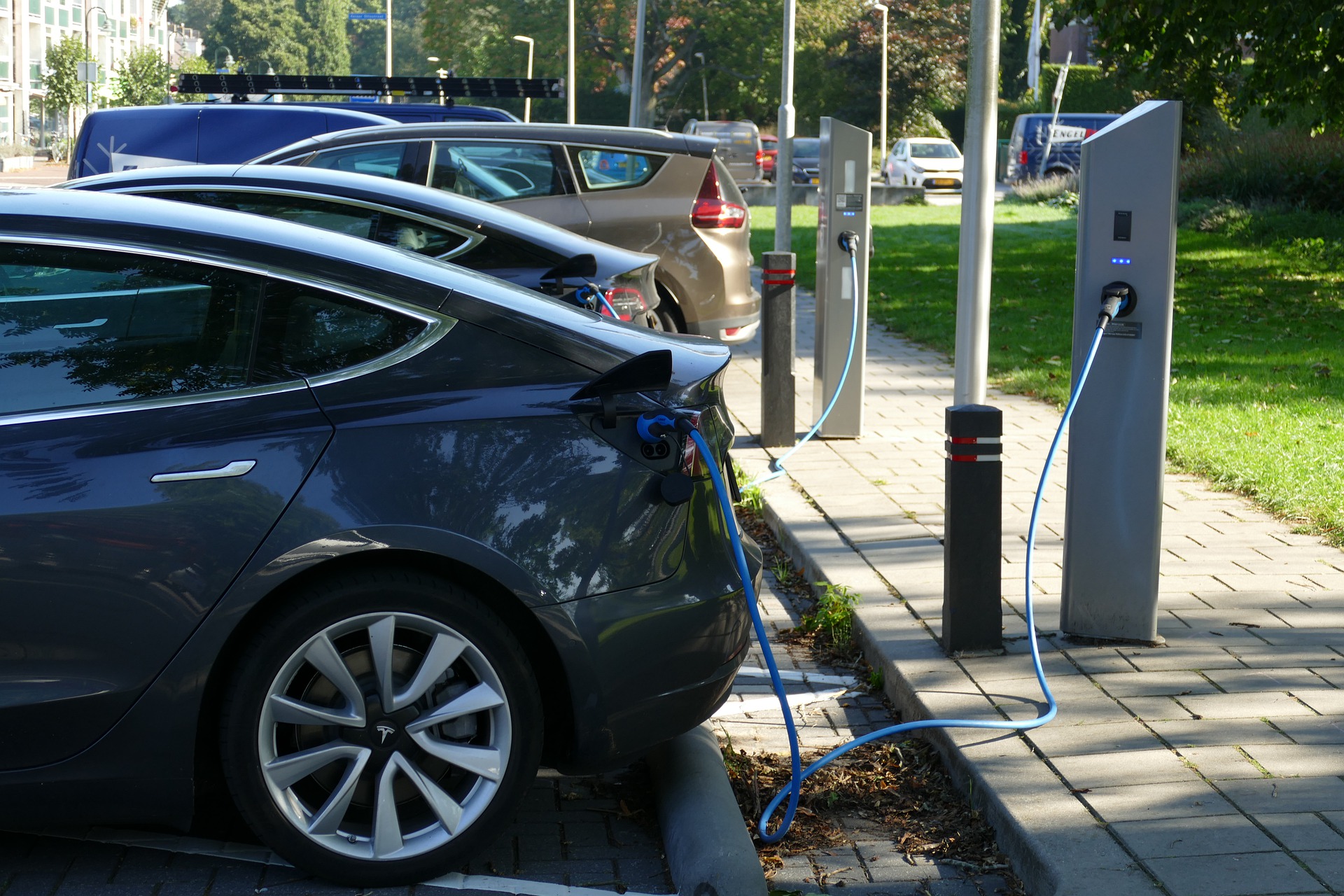
How much does it cost to charge at an electric car charging station?
When it comes to charging an electric car outside, the cost of it really depends on a whole load of different factors. For example, the type of car you’re charging, what battery you have, and where you’re topping it up.
Currently, there are approximately a whopping 13,000 public charging stations in and around the UK, ready and waiting for you to charge your car. Some of these are free and others, like your ones parked outside supermarkets and shops, etc, will ask you to pay a complimentary charging fee as long as your a customer of theirs.
While you might think it’s that simple of just pulling up and charging your car anyway when it needs a top, sadly it’s not as easy as that. In fact, you actually need to have an account with some operators like Chargemaster, Pod Point, and Ecotricity, just so that you can gain access to their charging points. You might think that this sounds daft, but some of these also come with a subscription fee and a fixed usage rate too. Madness!
It’s pretty easy though as most of these use an app to help you keep track of your charging costs, which is always helpful. According to Pod Point, for your average electric car that is equipped with a 60kW battery and around a 200-mile range, you could:
- charge at home, then expect to pay around £8.40 for a full charge
- charging at work should be free
- public locations, for example, supermarket car parks, are often free for the length of your visit
- motorway service stations are classed as your rapid charging points and can cost you around £6.50 for half an hour.
Is electricity cheaper than petrol?
Electric vehicles are overall likely to cost you less compared to petrol ones over the course of your ownership.
From what we know, electricity costs much less than petrol and electric cars also require less maintenance too than your typical petrol car.
Another thing to think about too is that if you’re an electric car owner, you can also avoid the fuel tax. An interesting fact is that it estimated that the clean fuel initiative, which allows for electric vehicles from paying taxes, leading to a £79 billion tax shortfall by 2030, incredible, don’t you think
If you’re looking at an electric vehicle for the future and making that switch from petrol to electric we can help you. Electric is the future but it can be expensive to get going, so why not let us help you. With the money you make from selling your current car, you could use this to help with an electric one. Get started today and enter your reg number now.
[vrm]



















